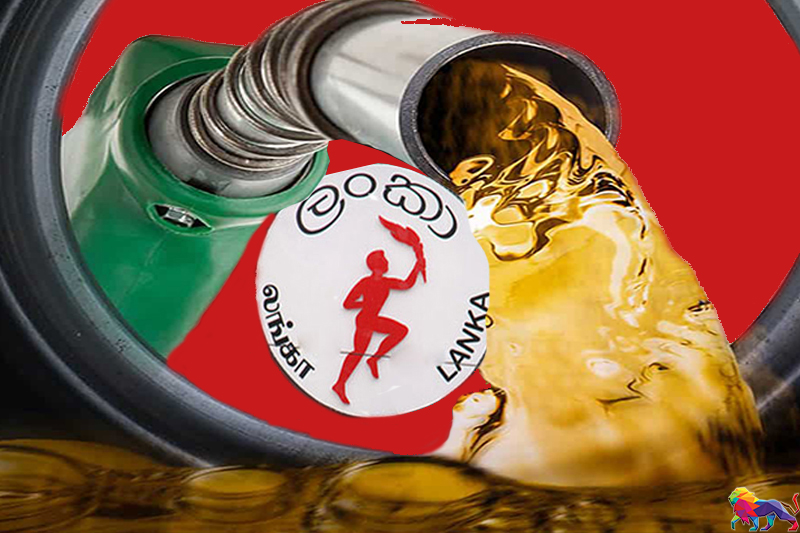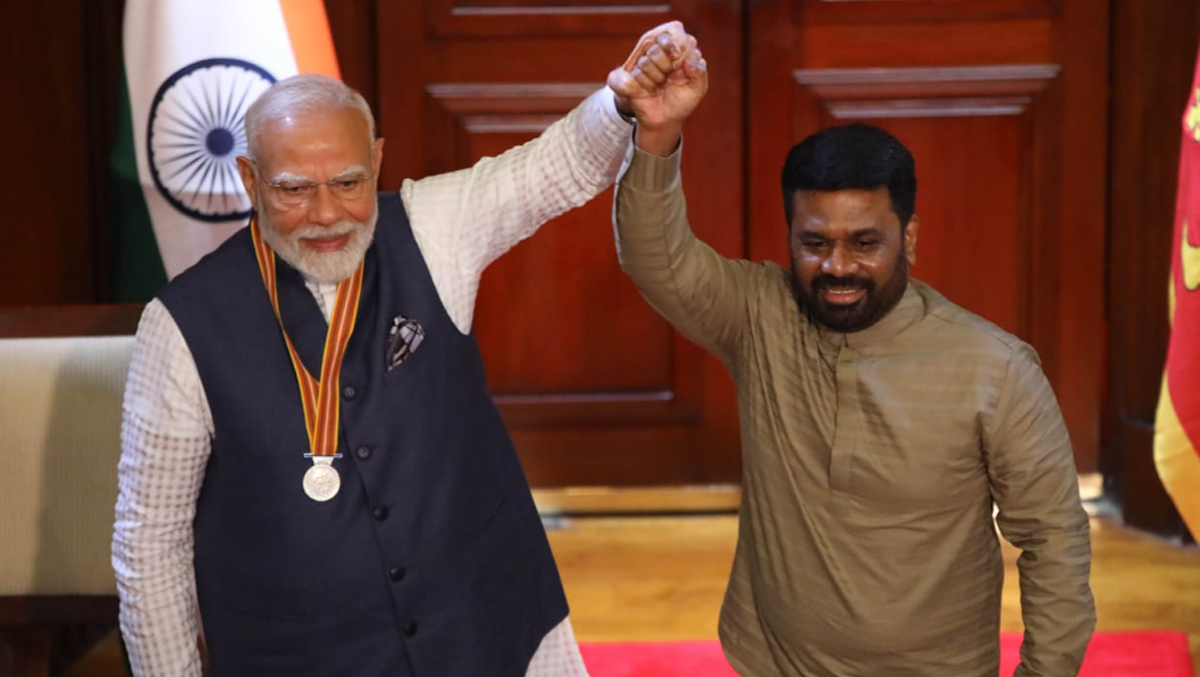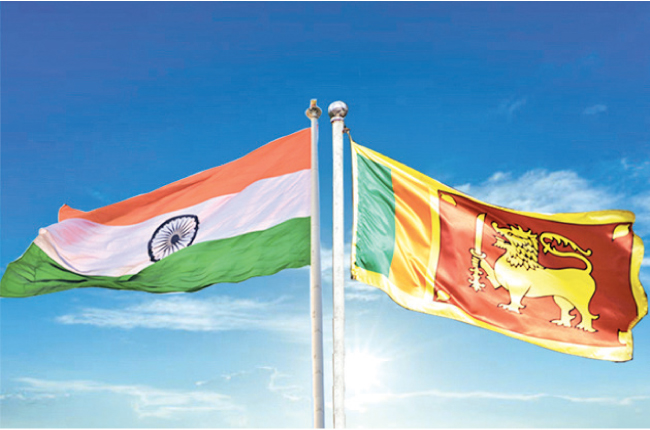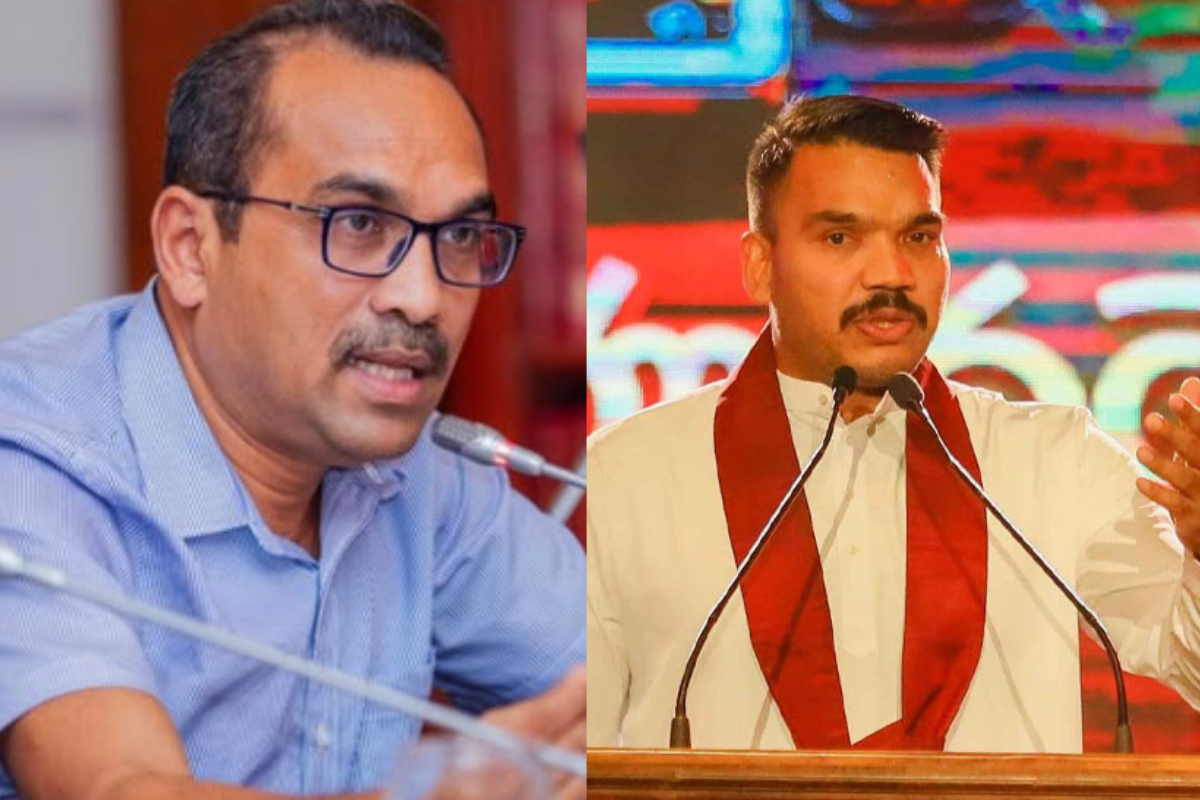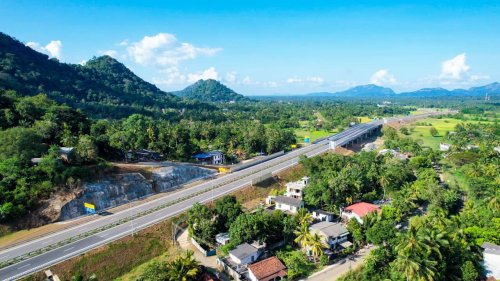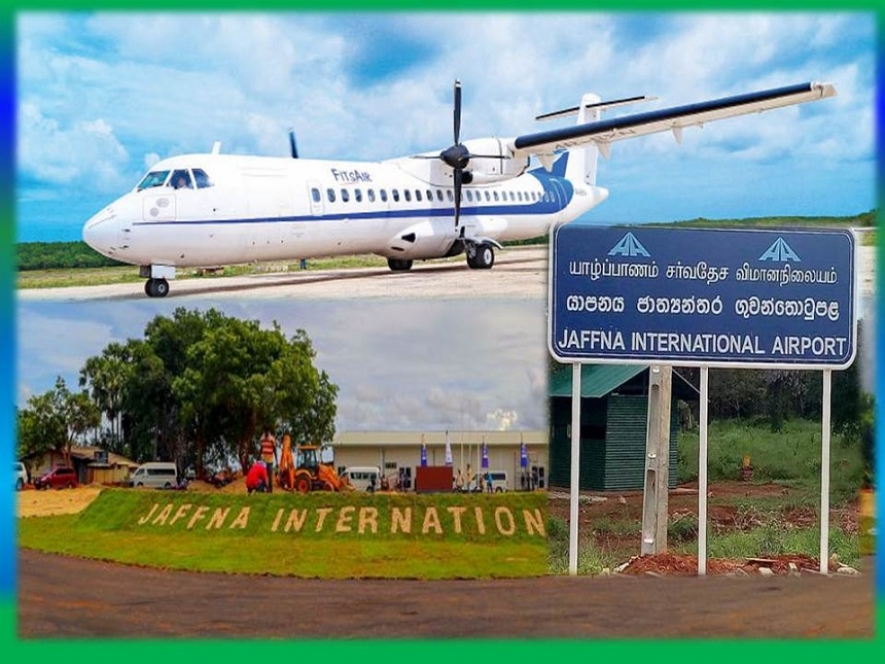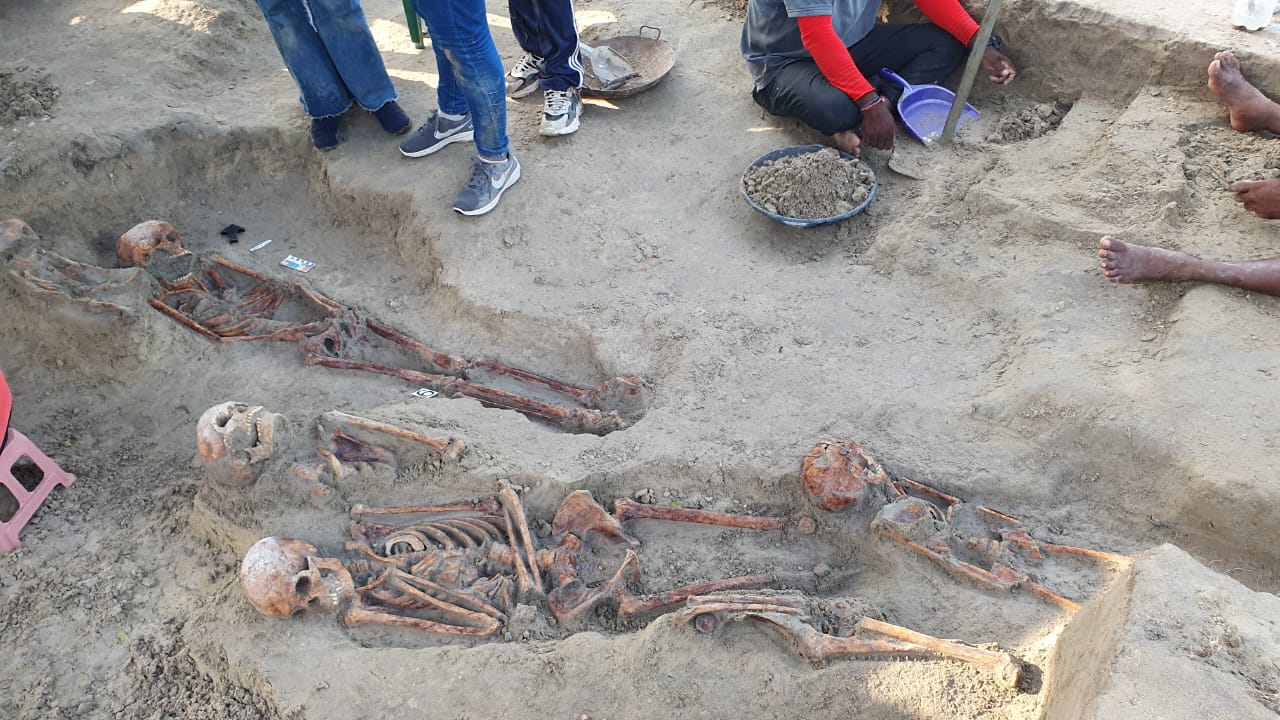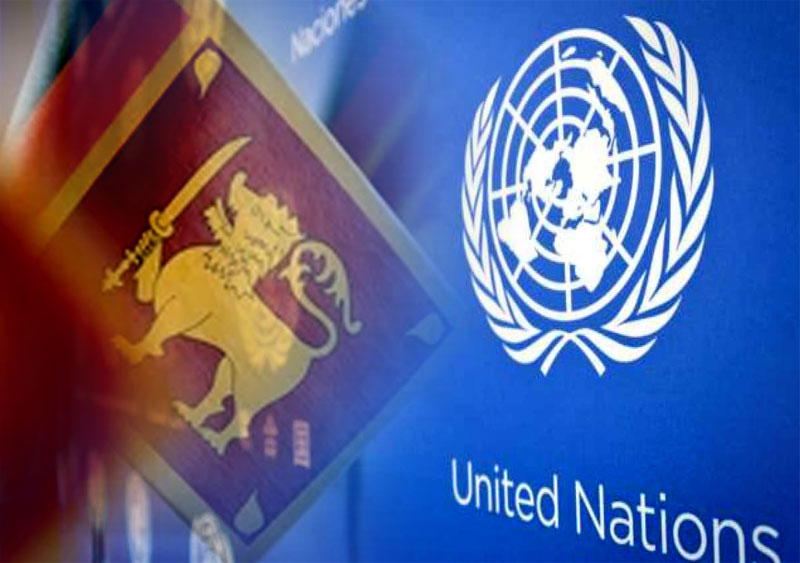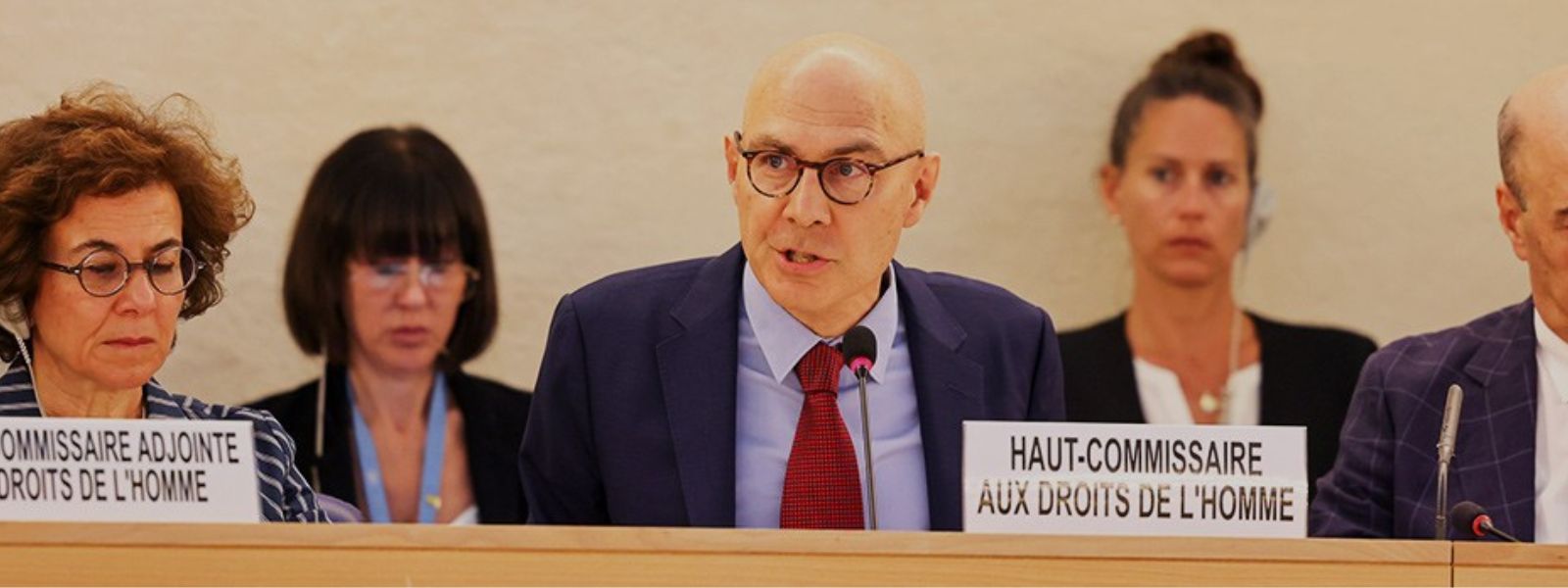In the midst of escalation of tension in the Middle-East and concerns over further disruption in fuel supply chain , Sri Lanka has decided to explore the possibility of importing petroleum products from Nigeria, an official said yesterday.
During the period ending June 20, 2025, crude oil prices rose due to concerns over potential supply disruptions amidst escalating Israel-Iran tensions. However, gains were capped to a certain extent as investors remained cautious due to mixed signals from the US regarding the involvement in the conflict.Overall, Brent and WTI crude oil prices increased by US $ 1.99 and US $ 1.91 per barrel, respectively, the Central Bank said in its weekly economic update said last Friday.
However, fresh uncertainty has emerged over fuel supply because of U.S. involvement in the conflict.
Commenting on the situation, Chairman of the Ceylon Petroleum Corporation (CPC) D.A. Rajakaruna told Daily Mirror that he instructed his officials to obtain sample products from Nigeria and some other oil producing countries to be tested in local labs for viability here.
He said that this step would be an attempt to stave off any impact on Sri Lanka from disruption to the traditional supply chain.
The CPC accounts for nearly 60 percent of fuel supply whereas Sinopec , Lanka Indian Oil Company (LIOC) and RM Parks contribute the rest, according to him.
Asserting that there would not be any immediate impact in the local market , he said the effect of current global disruption would be felt by August or September, this year.
Nigeria is a key oil producing country in the African continent.
Meanwhile, Russia has offered oil trading with Sri Lanka. However, Rajakaruna ruled out purchases from Russia because of economic sanctions and political issues involved though Sri Lanka is agreeable in principle.


